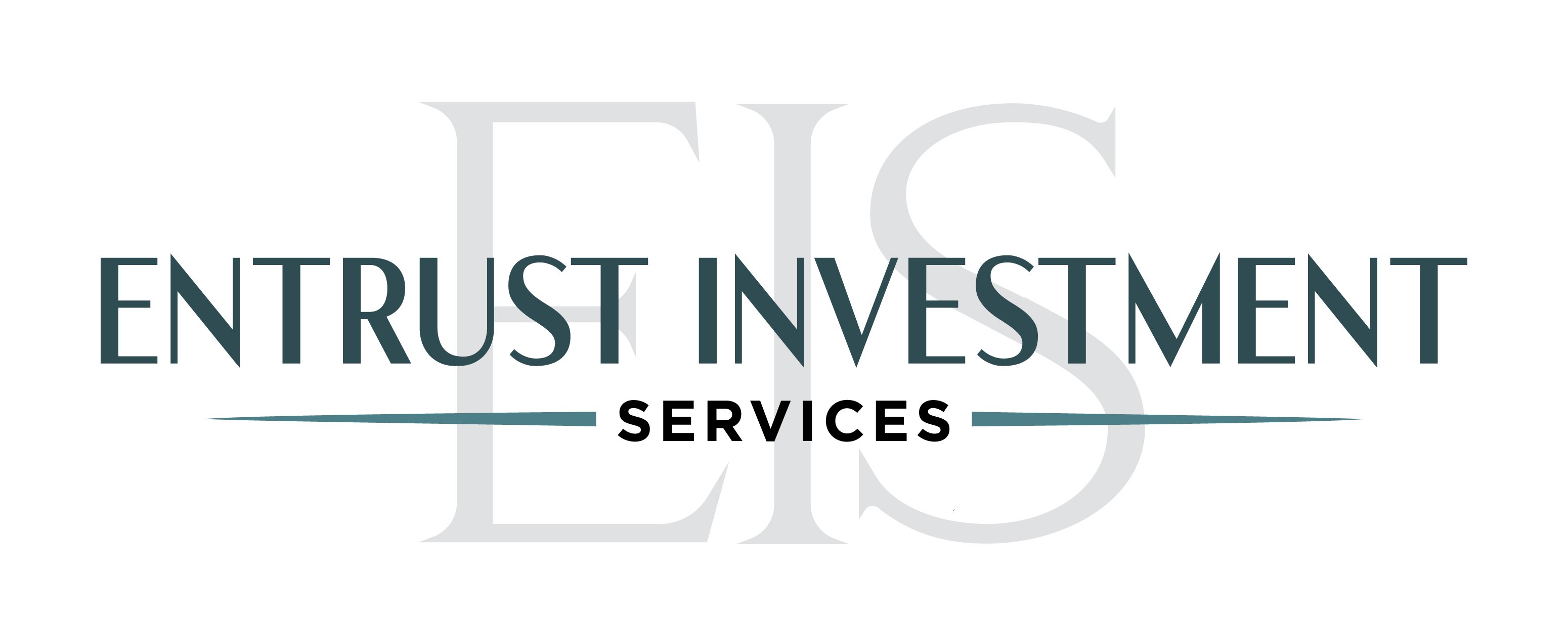Constructing a portfolio is much like tailoring a suit. Just as measurements, fabric choice, and occasion matter for a tailored suit, so too do various personal factors when designing an investment portfolio. Understanding these factors is pivotal in creating an investment strategy that meets an individual's financial goals. Here are the 15 factors that significantly influence how a portfolio should be tailored for an individual investor:
- Amount of Dollars to Invest: This is often the starting point. The size of the portfolio can dictate the diversification opportunities, types of assets one can access, and even the type of investment strategies one can employ.
- Time Horizon to Needing to Use the Funds: How long the investor plans to keep their money invested affects asset allocation. Longer horizons can often tolerate higher risks and aim for larger growth, while shorter horizons require a more conservative approach.
- Time Horizon for Investing: Separate from when funds are needed, this refers to the total expected duration of one's investment journey. This can influence long-term strategies and decisions about market entry and exit.
- Type of Account the Dollars are Invested In: Tax-advantaged accounts like 401(k)s or IRAs have different rules and benefits compared to taxable brokerage accounts. The type of account can influence investment choices, especially when considering tax efficiency.
- Current Tax Situation: Understanding one's current tax bracket and tax liabilities can influence decisions, especially when it comes to realizing capital gains or choosing tax-efficient investments.
- Future Expected Tax Situation: If one expects their tax bracket to change in the future (due to retirement or otherwise), it can influence decisions about when and how to invest or withdraw funds.
- Income Needed from Investments: Some investors rely on their portfolios for regular income, which can influence decisions about dividend-producing stocks, bonds, or other income-generating assets.
- Risk Tolerance: An individual’s psychological comfort with market fluctuations will dictate the amount of volatility they can handle in their portfolio.
- Risk Capacity: Beyond psychological comfort, this refers to the actual financial ability of an investor to bear losses. Sometimes, even if someone is comfortable with risk, their financial situation may not allow for it.
- Estate Planning Goals: For those with significant assets or specific bequests in mind, estate planning can influence investment choices, especially in considering tax implications and legacy goals.
- Retirement Spending Projections: If retirement is a goal, understanding expected expenditures can help guide how much growth is needed and the kind of withdrawal strategies to implement.
- Inflation Risk Management: Over time, inflation erodes purchasing power. Investments should be chosen with an eye on beating inflation to ensure the investor's dollars maintain their value.
- Liquidity Needs: Investors might need access to cash at certain points. Recognizing the importance of liquidity and how quickly assets can be converted to cash can be an essential factor in asset choice.
- Personal Values and Beliefs: Increasingly, investors want their money to align with their values, leading them to prioritize socially responsible or impact investing.
- Investment Knowledge and Experience: A more knowledgeable investor might be open to exploring alternative investment options or managing a more complex portfolio, while a novice might prefer simpler, more passive strategies.




